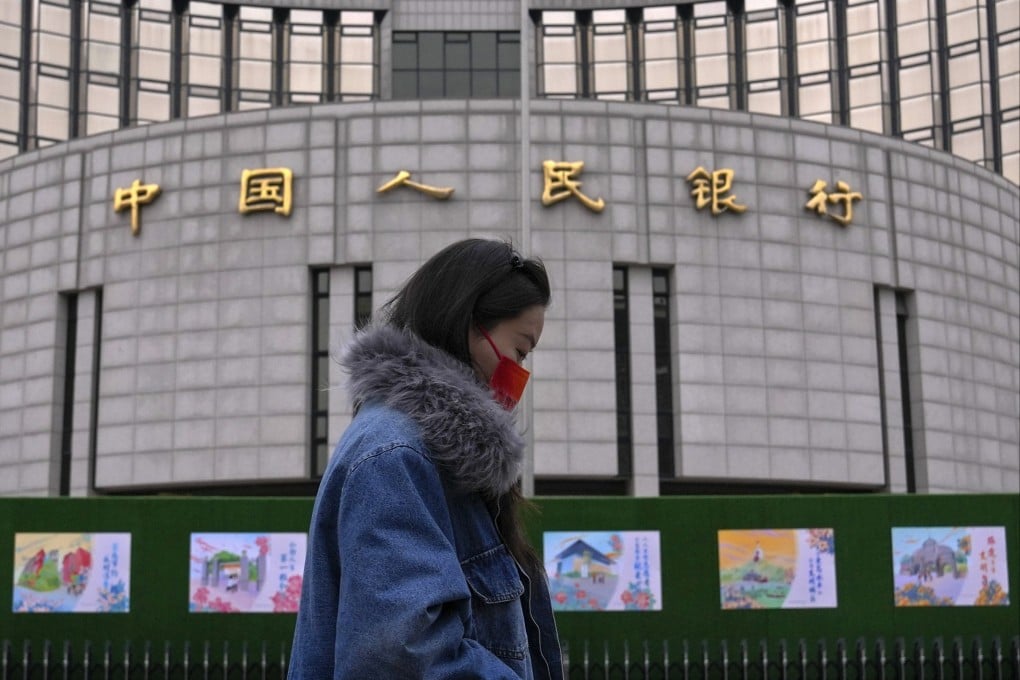Macroscope | Is another Asian currency crisis coming? Keep an eye on China’s yuan
- Concerns about an Asian currency war and what it would mean for the world economy have been underpinned by a strong US dollar
- Some economies may choose to intervene in currency markets, but the big question is whether China will devalue the yuan or proceed with caution

At the root of the problem is the perceived strength of the US dollar, and the impact this has on capital outflows from Japan and other Asian economies into the greenback as yield differentials continue to widen and currency values adjust accordingly. Government bond yield differentials in favour of the United States have hovered near 400 basis points lately, while the yen has continued to weaken.
This has prompted much chatter about the danger of a new Asian financial crisis similar to the one that struck in 1997. This time the impact could be worse, given the huge weight that China and other Asian economies have in the global economy now.
A Bloomberg article published on May 9, for example, was headlined, “Yen’s fragility raises spectre of a new currency war in Asia”, reporting that investors are alarmed at the prospect of competitive devaluations that could trigger such a war.

